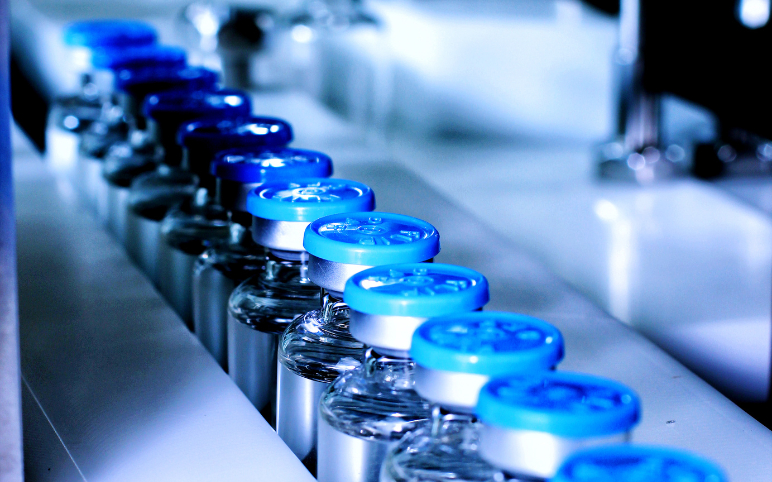Lilly revs up to challenge Pfizer, Novartis in breast cancer with abemaciclib ‘priority’ nod
On Monday, the FDA granted Eli Lilly’s abemaciclib a priority review, putting it on a quicker path to approval. If it can get there, it’ll become the third entrant in the CDK 4/6 class of breast-cancer fighters, behind Ibrance and Novartis’ Kisqali—a medication the agency greenlighted less than four months ago Of course, abemaciclib will have its challenges as a third-to-market med—but it’s facing other hurdles, too. It’s triggered frequent, low-grade diarrhea in trials, a side effect that’s “not the kind of differentiation a manufacturer seeks,” as Bernstein analyst Tim Anderson put it in an April note to clients. But as Barclays analyst Geoff Meacham pointed out in his own June note, adjusting dosage is an option for dealing with the diarrhea rates—though it remains to be seen if doing so “will be enough to spur greater than expected utilization.”
Key Humira patent gets struck down for the second time in as many months
A little less than two months after Coherus BioSciences succeeded in upturning a key IP shield on AbbVie’s Humira, yet another company seeking to launch a biosimilar rival to the blockbuster rheumatoid arthritis drug has scored the same victory. On Thursday, after an inter partes review (IPR), the U.S. Patent and Trademark Office’s Patent Trial and Appeal Board (PTAB) ruled in favor of Boehringer Ingelheim in a case that challenged five claims for the ‘135 methods patent on Humira. The ‘135 patent is considered important because it covers the dosing and treatment frequency of the drug—which any biosimilar developer will need in order to win FDA approval of a biosimilar drug. The ruling follows a May IPR win for Coherus that struck down the same patent. But BI’s success could make it more difficult for AbbVie to overturn the PTAB’s rulings; now, AbbVie will have to appeal both decisions, which it said in an emailed statement that it plans to do.



